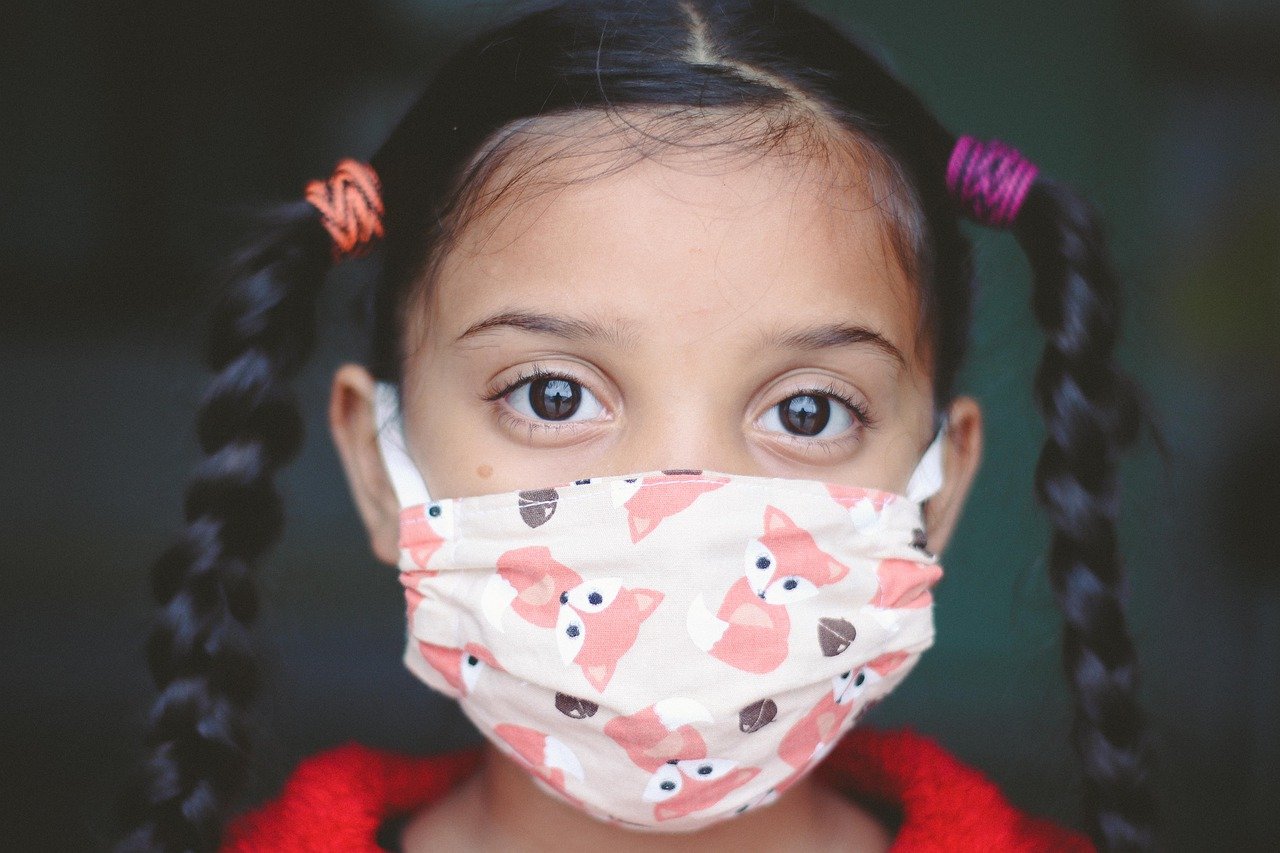A new study from the University of Birmingham has shown that disabled people across the Global South have faced ‘significant discrimination’ during the Covid-19 pandemic, leaving them at greater risk of abuse, violence, and mental health problems. Disabled people across all demographics in Low and Middle Income countries have been deprioritized in healthcare, including having suffered from disrupted mental health services. This has led to a rise in suicides and people suffering from Post Traumatic Stress Disorder. The study also found that the fear of Covid-19 and isolation and poverty caused by the pandemic have led to a rise in worse mental health for disabled people too.
We already know that disabled people across the West have suffered more during the pandemic. Less access to provisions, less access to medical care, shielding, the terrible rate of sick pay, and the general rhetoric that all of the people who have died had “underlying conditions” and were therefore somehow close to death anyway have been tough to deal with.
We also already know that poorer people across the West have suffered more too. Insecure work, working in still crowded places like factories and, again, the terrible rates of sick pay and isolation pay have meant that the virus has not been suppressed as quickly as it could have been.
This is what we’ve seen in the UK, so it makes sense that people in the Global South, living in the intersection of being disabled and not having as much economic privilege, have suffered more too.
The study, which was carried out by researchers Vera Kubenz and Dina Kiwan at the University of Birmingham, and was published as part of a project called “Disability Under Siege”, looked at four areas of concern: health, education, economy, and community. It found that disabled people had a basic lack of access to Personal Protective Equipment, which can help prevent catching Covid-19 and which would include basic access to hygiene like running water and soap.
The research also found that disabled children faced barriers to doing school from home and often didn’t have access to the technology that would have helped them learn at home, and that there was a significant risk of disabled children not returning to schools when lockdown ended and, if they did, that they faced attainment gaps and other barriers. Disabled children face attainment gaps and lack of access at the best of times, so it’s not a surprise that the pandemic has further increased those gaps.
The study found that economically disabled people in the Global South saw increases in poverty, in part due to lack of work. Disabled people are often in insecure work and the study found they were particularly hard hit, especially if working from home wasn’t an option. One stark finding is that “hunger is potentially a bigger thread than Covid”. Researcher Kubenz also said that there was “significant discrimination faced by disabled people across all sectors of society – deprioritized in healthcare, excluded from education, facing poverty and experiencing abuse and violence. For many, these exclusions have been just as life-threatening as Covid-19”.
There were also concerns that neglect and human rights violations in the institutions that disabled people live in or may visit led to increased risk of infections and deaths.
The study did have some recommendations to redress the oppression that disabled people have faced and continue to face. Researchers wanted to created a “disability-inclusive recovery” and recommended that there should be ongoing campaigns to de-stigmatise disability, that disabled people should be consulted about how the recovery should look, that more data should be collected on disability during the pandemic, and that further research was needed into how to build long-term sustainable systems that will help disabled people.
The researchers studied many texts including those from government bodies, UN agencies, and organisations for disabled people, and studied the impacts that previous disasters and pandemics have had upon disabled people. Hopefully this research will go forward, too, for future similar disasters – but hopefully sustainable systems that help disabled people specifically will be built and will, next time, assure that disabled people the world over, but especially those oppressed economically, won’t be as hard hit.
Disabled people have paid a high price during Covid-19 the world over, and the world will have to look hard at research like this as recovery begins.
Image credit: Marcos Cola

